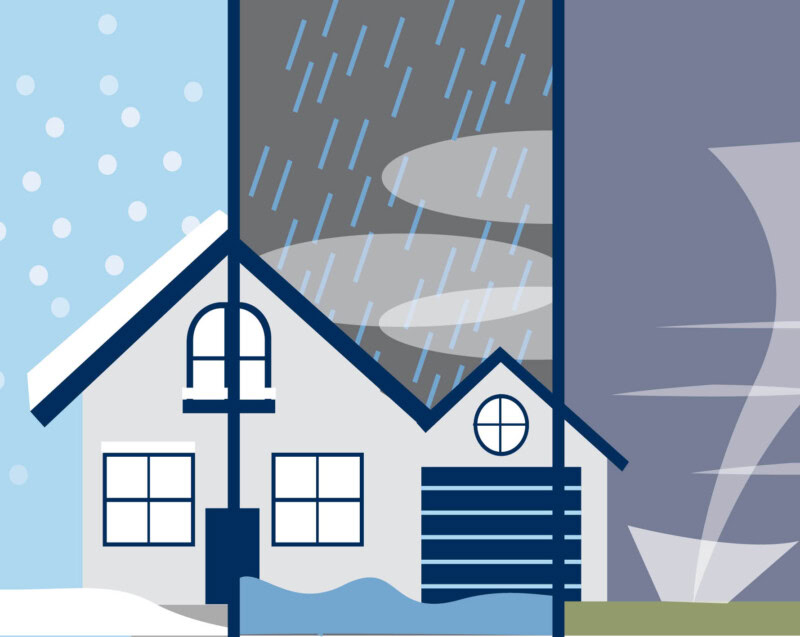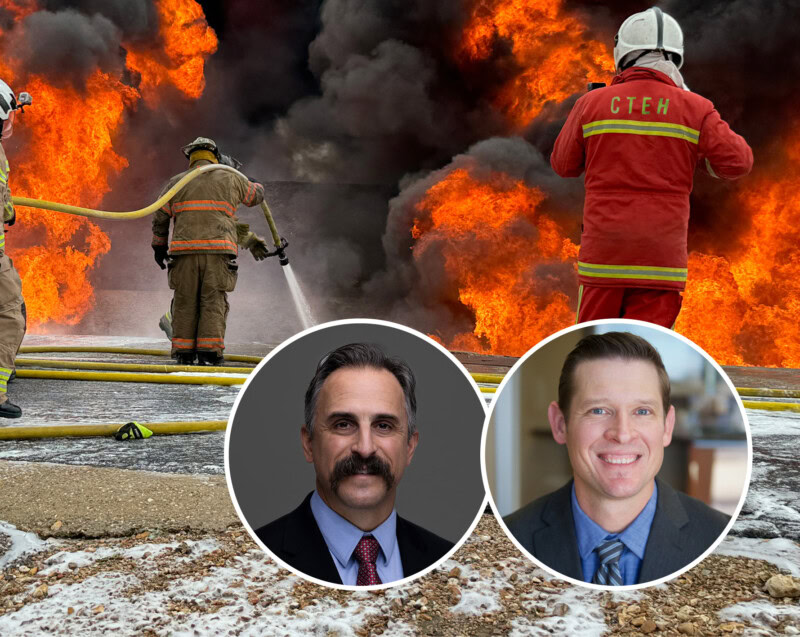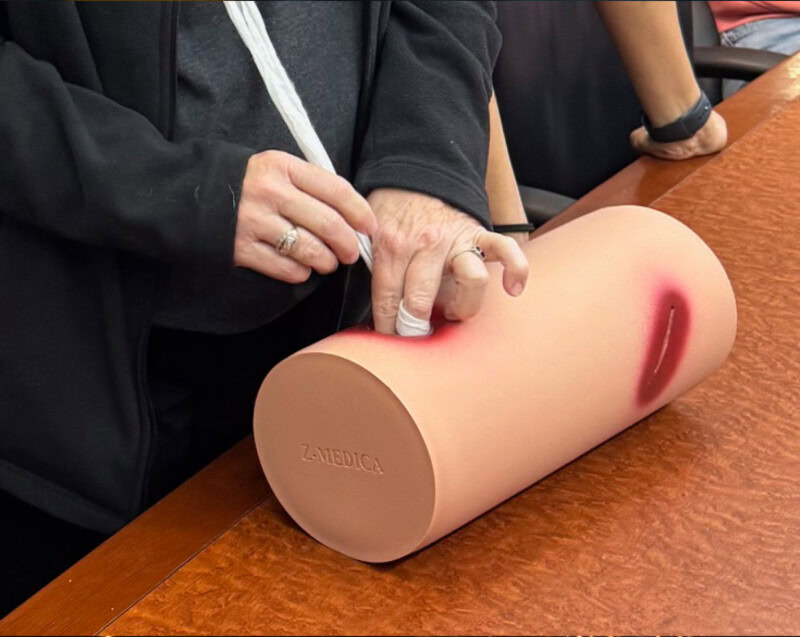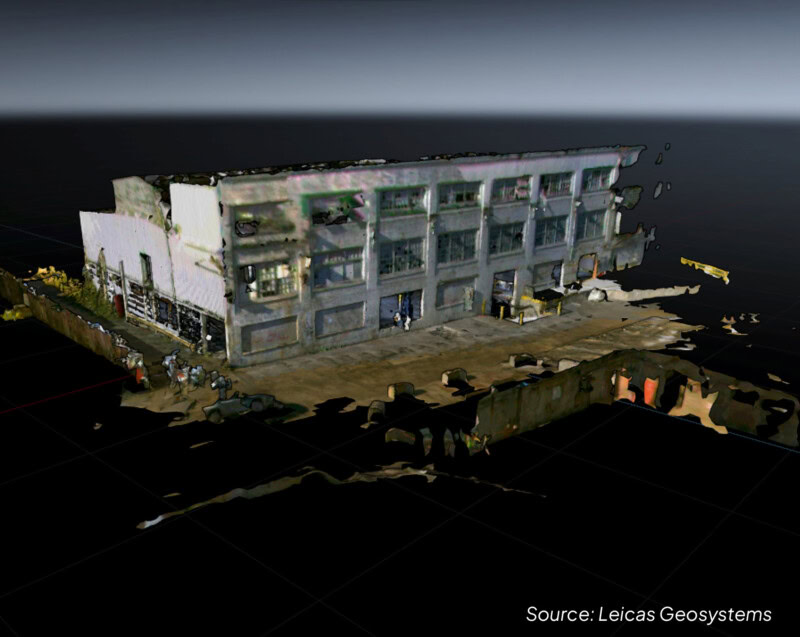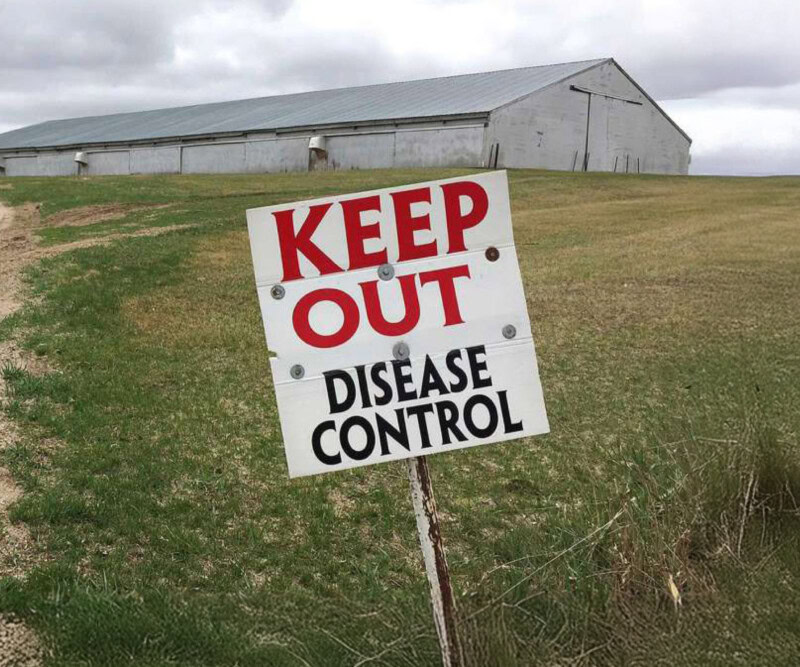Nearly every part of the United States carries risk of severe weather. Depending on where you live, you may someday need to contend with blizzards, hurricanes, flooding, thunderstorms, or tornados. The best way to deal with all of these threats is to be prepared.
Here are some preparation steps from Ready.gov that can help you protect yourself and your loved ones.
Be Weather-Ready: Severe weather patterns tend to occur at similar times each year. Know what types of severe weather you’re at risk of experiencing, and how it may affect your region. Check the forecast regularly to see if there’s local risk. Local news stations and a NOAA weather radio will alert you of severe thunderstorm watches or warnings. Check the National Weather Service’s Weather-Ready Nation for tips. (https://www.weather.gov/wrn/)
Sign up for Notifications: If you have a smartphone, make sure it’s set up to alert you in case of flash-flooding, tornados, etc. Know how your community sends weather warnings, such as through the use of outdoor sirens or media/smart phone-originated warnings.
Create a Communications Plan: When disaster strikes, your family may not all be in the same place. Formulate a plan to contact each other and reconnect if separated. Have an emergency family meeting place that’s familiar and easy to find.
Agree on a safe room: the safest place in your home from most disasters will be a basement, storm cellar, or interior room on the lowest floor with no windows.
Practice Your Plan: Run severe thunderstorm drills on a regular basis so that everyone in the house understands what to do in case of dangerous weather. Make sure everyone in your household knows where to go if a severe weather warning is issued. Don’t forget about pets!
Prepare Your Home: Note what trees around your home could cause damage during heavy winds, and trim them back accordingly. If you have time before severe weather hits, make sure to secure loose objects, close windows and doors, and move valuable objects inside or under a sturdy structure.
Help Your Neighbor: When you have your own household secure, encourage others to prepare to severe weather. Consider taking First Aid/CPR training so you can help if someone is injured during a disaster.
Need help making sure your business has the right safety measures in place? CTEH can help. Visit our website for more information. (https://www.cteh.com/service-detail/safety)
